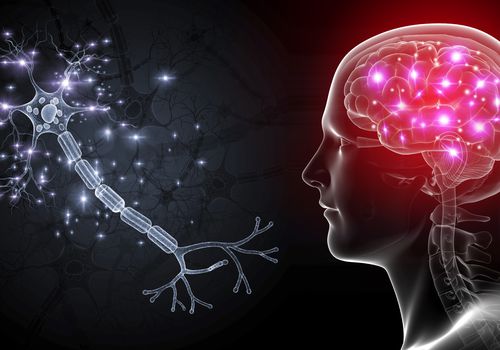I write this blog to surprise the readers and to give the unexpected!
Let’s talk about love, specifically the science of love. We all experience in various forms. How we love and are loved makes us who we are. Let me explain scientifically that special love we feel for that special someone. I hope this was unexpected to the readers of this science blog.
Love is the complex cascade of emotions that one experiences when you meet someone special. In my view, love is a complicated feeling or emotion resulted by a complex set of hormonal reactions. These reactions are triggered by our senses and perception that ends with a well-directed result oriented action. There is plethora of research data available to conclude that humans smell out potential partners. This involves pheromones. Pheromones are chemicals that act like hormones outside the body that affect behaviour or physiology. During this process, research suggests that humans tend to choose the most MHC (Major Histocompatibility Complex) incompatible individuals.
MHC1 and MHC2 are also involved in immune responses and are responsible for protecting the body against various infections. MHC might play a key role in protecting against novel virus COVID-19 and more research is required in this area.
Then, there are a cocktail of hormones; oxytocin, cortisol, adrenaline, and dopamine that work together to construct a well (love)-directed action. Oxytocin is the most potent of all and it helps maintain psychological boundaries and interpersonal relationships. It is interesting to note that a mere eye contact between humans is enough to secrete this love hormone and it is no surprise that it is a feel good hormone. While cortisol is responsible for all the curiousity, anxiety, and tension people feel when they are in love, adrenaline is the real culprit that induces the increase in heart beats, rate of respiration and, sweaty palms when you meet someone you hold special interest.
Another interesting fact as to why one ignores career and other important things in life during this stage is correlated to high levels of dopamine. This increased dopamine causes short-term memory loss, hyperactivity, sleeplessness, and loss of focus on everything else. This is also related to obsessive-compulsive disorder and explains why those in love have possessiveness about their partners. Low levels of serotonin and testosterone was also observed from individuals in love. This has a significant effect and related to the above mentioned behavior. The last but not least, “endorphins” are released in your body when you are in love and is responsible for “on-the-top-of-the-world feeling”.
Is it possible, if these hormones are ever to be integrated into robotics and artificial intelligence? What if such system could feel and express love?
– Dr Sandanamudi Anudeep


Fallen in love with this
Thanks , I’ve recently been searching for info approximately this subject for a long time and yours is the greatest I have discovered so far. However, what in regards to the conclusion? Are you certain in regards to the source?
I really appreciate this post. I抳e been looking everywhere for this! Thank goodness I found it on Bing. You have made my day! Thanks again
I like what you guys tend to be up too. This type of clever work and exposure! Keep up the great works guys I’ve added you guys to blogroll.
Hello there, simply became alert to your weblog via Google, and located that it is really informative. I抦 going to be careful for brussels. I抣l appreciate if you continue this in future. A lot of folks can be benefited from your writing. Cheers!
My wife and i felt very satisfied that Louis managed to complete his survey through the ideas he was given out of the blog. It is now and again perplexing to simply choose to be releasing steps which usually other people have been selling. We really already know we have got you to give thanks to because of that. The most important illustrations you made, the simple site navigation, the friendships your site assist to create – it is many spectacular, and it is assisting our son in addition to the family do think the concept is fun, and that is incredibly serious. Thanks for everything!
I抦 impressed, I must say. Actually rarely do I encounter a blog that抯 both educative and entertaining, and let me let you know, you’ve gotten hit the nail on the head. Your thought is outstanding; the difficulty is something that not enough individuals are talking intelligently about. I’m very glad that I stumbled throughout this in my search for something referring to this.